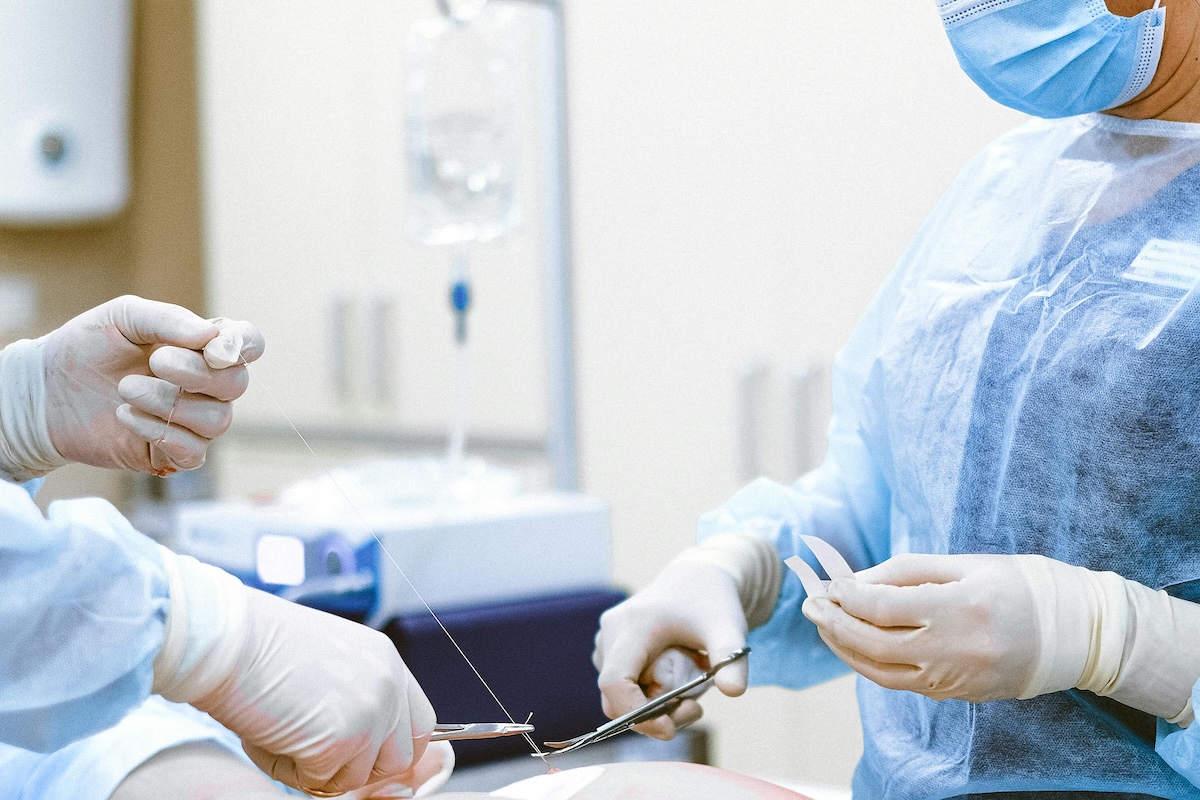Many of us are concerned about continence and urinary tract health as we age. Changes in hormone levels and gravity can take their toll on women’s pelvic organs, leading to prolapse, but there are other factors at play in bladder health as well. The authors of a new study lay out the complexity of nerve inputs and executive function involved in the simple act of peeing.
The authors repurposed data from a previous study to explore whether women’s cognitive function is associated with bladder health. Given that they were looking at correlation and not causation, their hypothesis is an interesting one. They posit that cognitive function and bladder health will be associated but that the association will disappear when they control for factors that might cause both the observed cognitive changes and the observed changes in bladder health. More simply, the authors were looking to show that the bladder issues and cognitive changes had one common cause.

The study includes data from more than 1,000 women who had taken both a series of cognitive tests and a survey on their urinary tract health and continence. The authors found that indeed there is an association between decreased performance on cognitive tests and reporting severe lower urinary tract symptoms. Additionally, when they controlled for variables that might contribute to both cognitive function and changes in urinary tract health, such as higher levels of alcohol consumption, smoking, low levels of physical activity, and history of stroke or diabetes, this association disappeared.
I was interested in this study not because of what it means for women in midlife, but rather because it provides us with information that may be very important as we age. Older women have increased incidence of both cognitive dysfunction and urinary tract dysfunction. This data suggests that determining the cause of one of those issues may lead to solutions or even help us to prevent both issues.
Community Guidelines














Log in